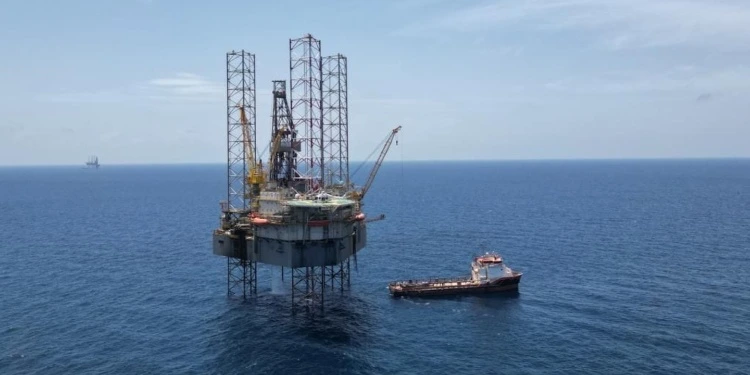AREQUIPA, Peru – The Treasury Department and the State Department announced this weekend the strengthening of measures against Russian oil and gas, which could lead to a scenario of opportunity for the Castro regime.
This January 10th, The New York Times reported that Washington issued new sanctions targeting Russia’s energy sector and its “shadow fleet” of oil tankers in what could be a last-ditch attempt by the Biden administration to cripple Moscow’s economic capabilities.
In this regard, the White House took aim at Russia’s oil and gas revenues, penalizing two producing oil companies — Gazprom Neft, a subsidiary of the Russian state energy giant Gazprom, and Surgutneftegaz —, some 180 tankers, dozens of traders , insurance firms and senior energy officials.
In addition, the agency issued a resolution that allows US authorities to impose sanctions against “any person determined to operate or have operated in the energy sector” of Russia.
The measures were adopted in cooperation with the United Kingdom, the US government said. London also sanctioned the two companies, “which produce more than one million barrels of oil per day, that is, about $23 billion annually at the current price” of a barrel.
The sanctions that will be effective from next February 27 could be beneficial for the regime in Cubato the extent that the Kremlin could find in its ally in Havana an alternative for its crude oil shipments and a way to evade sanctions.
The possible exit strategy for Russia was already applied in the past by the Nicolás Maduro regime when Washington punished Venezuela’s fuel exports in retaliation for Chavismo’s violations.
Last week a contract between the Cuban regime and Russia regarding the granting to the Island of a credit for 60 million dollars for the purchase of fuelsaccording to the Cuban ambassador, Julio Antonio Garmendía.
According to what the diplomat told the Sputnik news agency, quoted by Latin Pressthe corresponding agreement has already been signed and in the coming days the contract that will allow its execution will be signed.
Garmendía pointed out that, in addition to the credit, Russian aid to the Castro regime includes a donation of two million dollars for the acquisition of parts necessary for the recovery of the Cuban electrical energy system.














